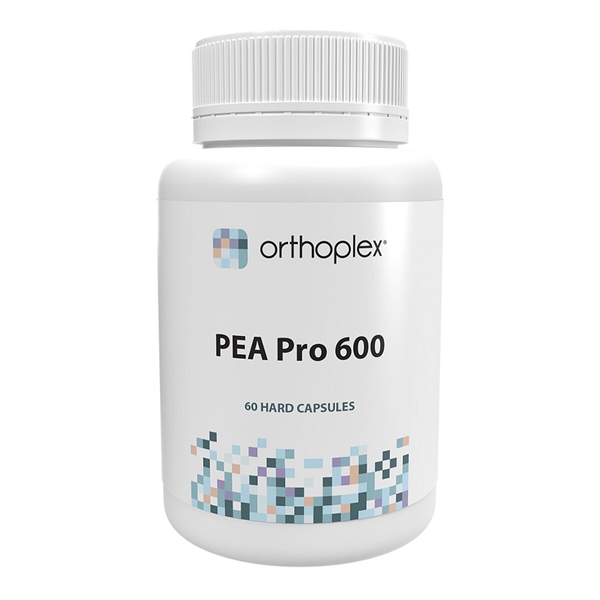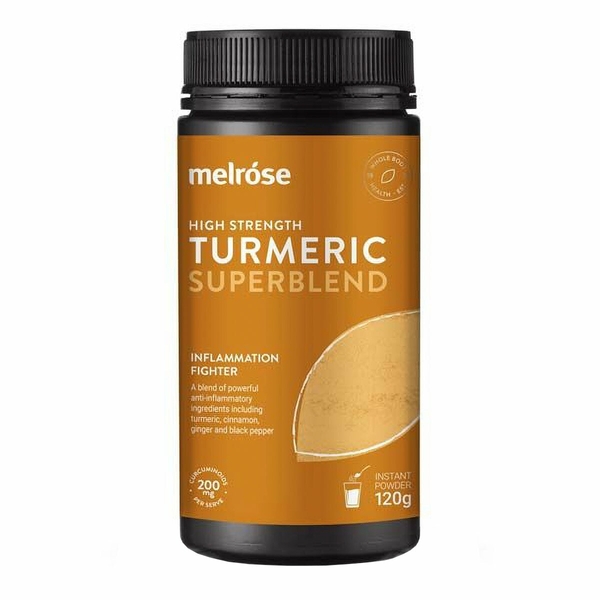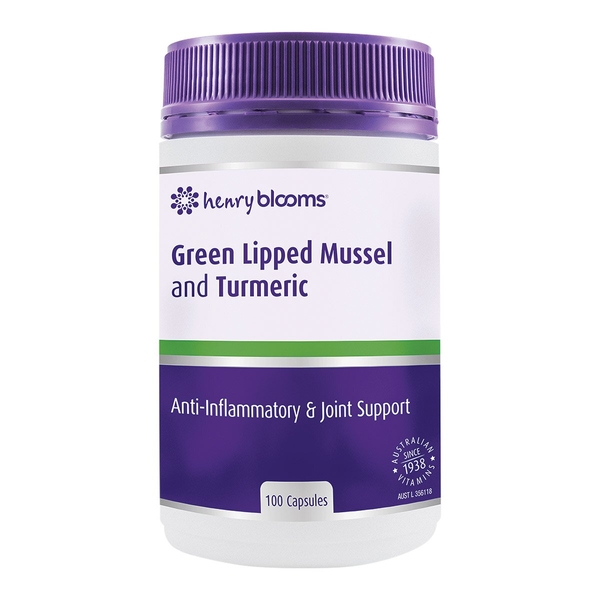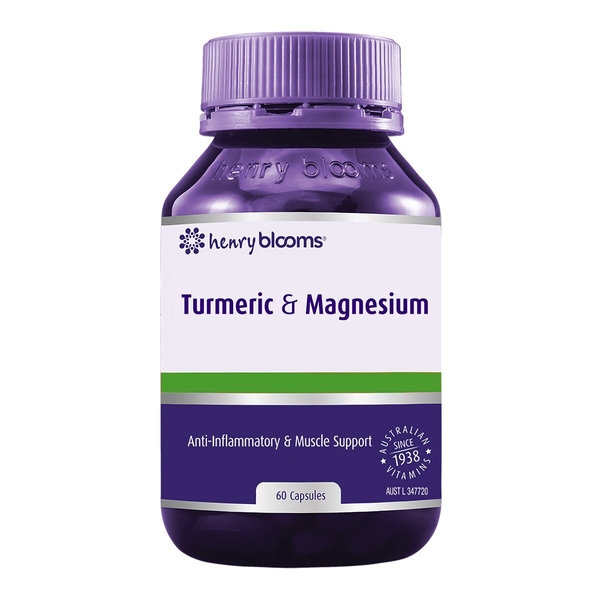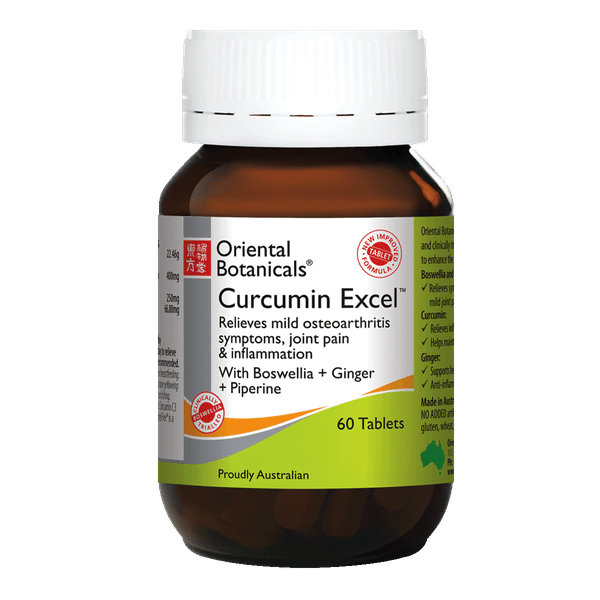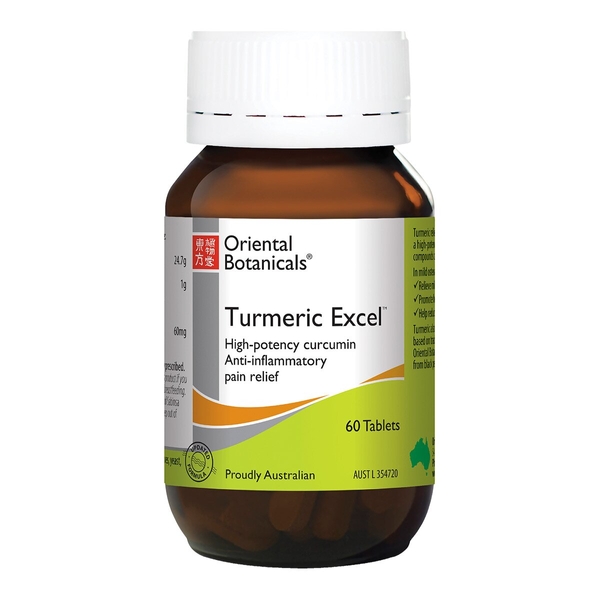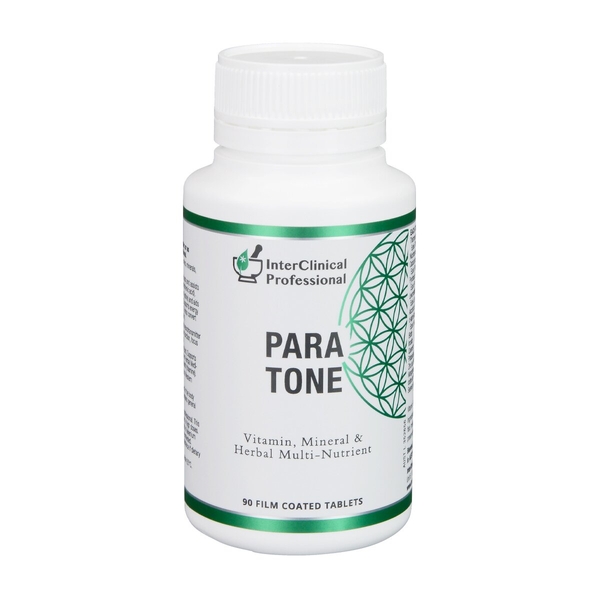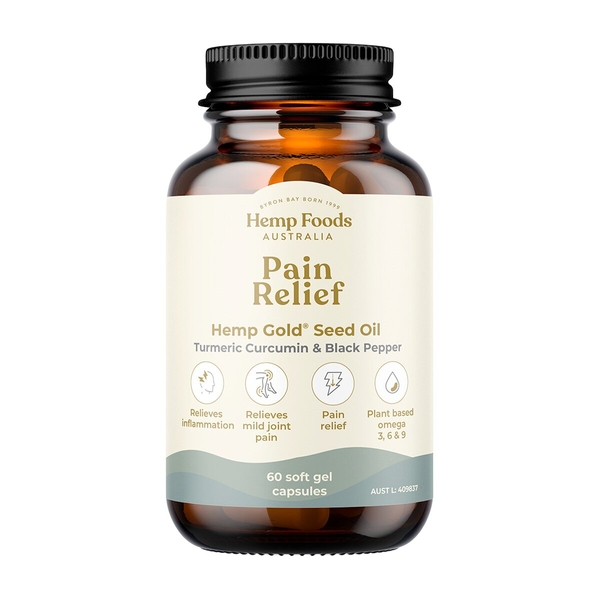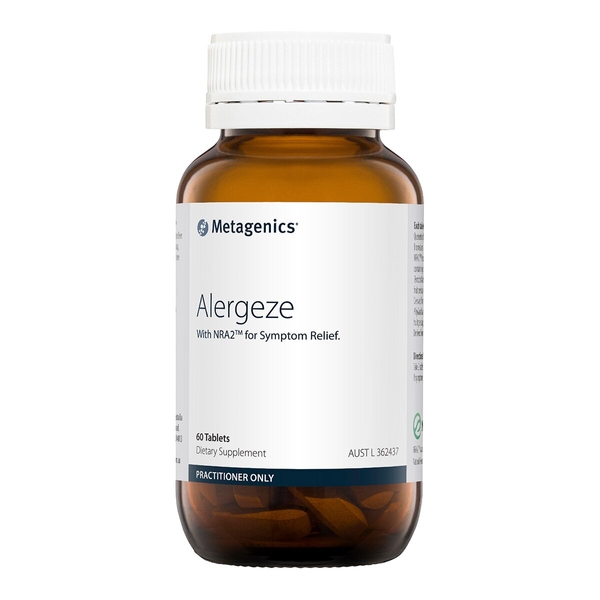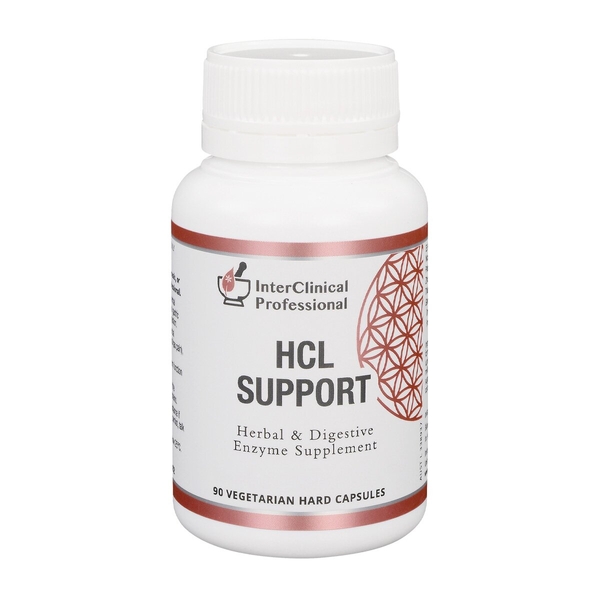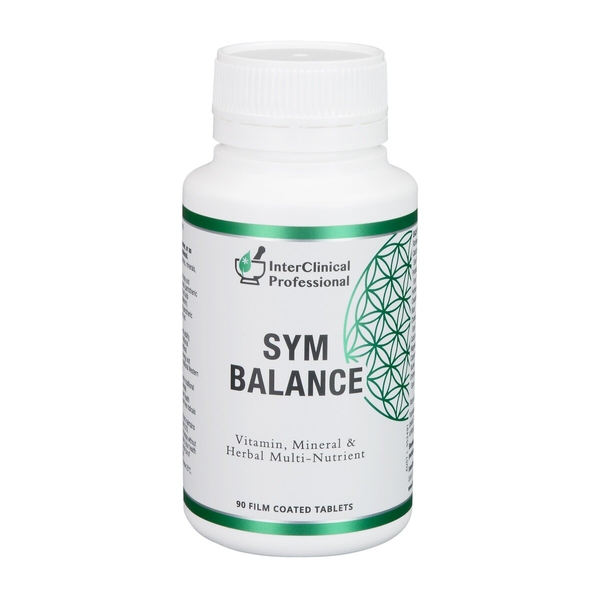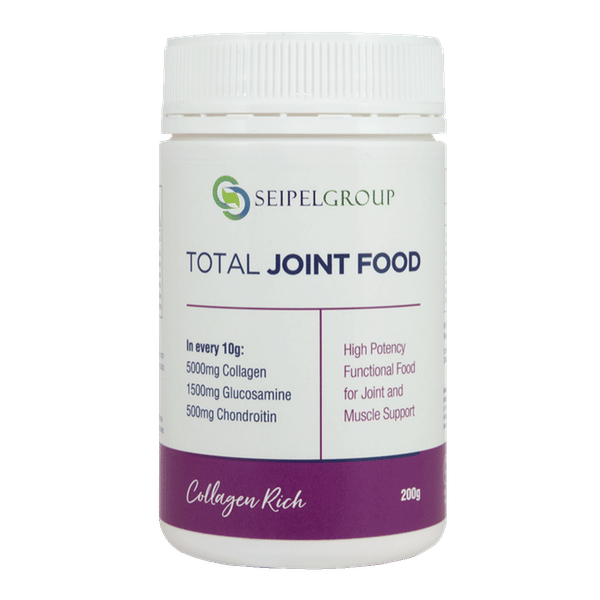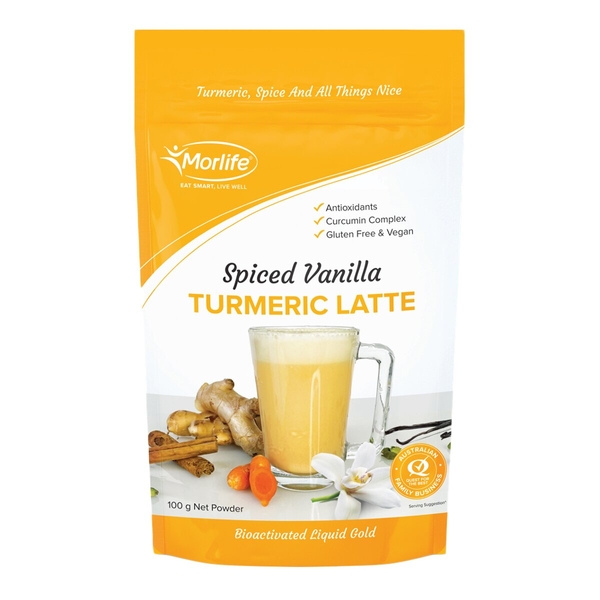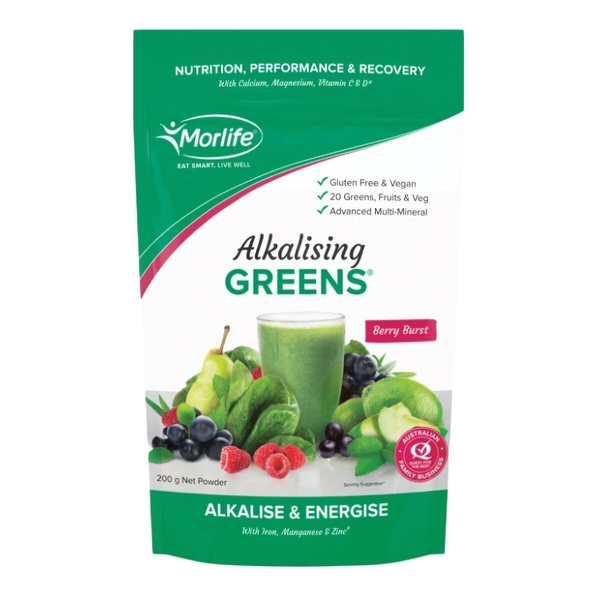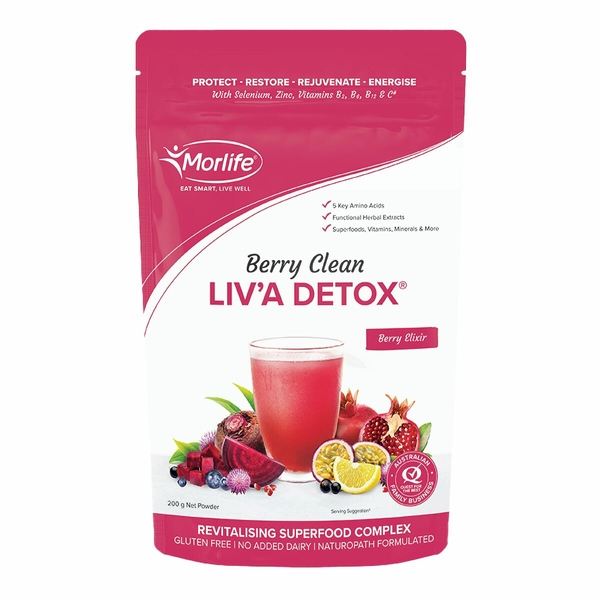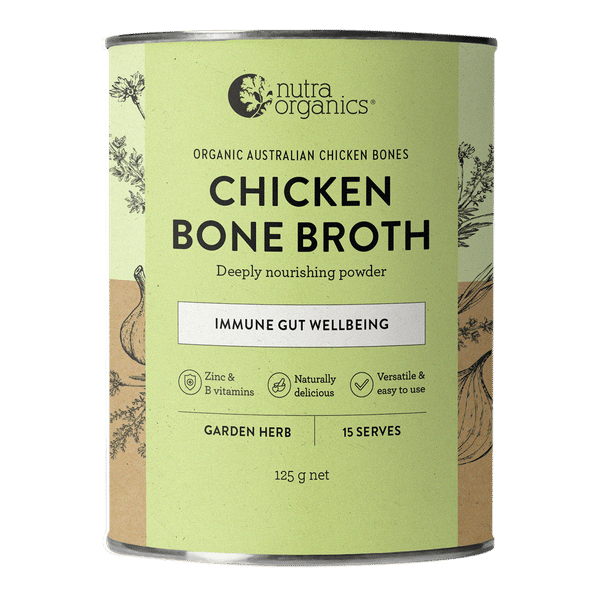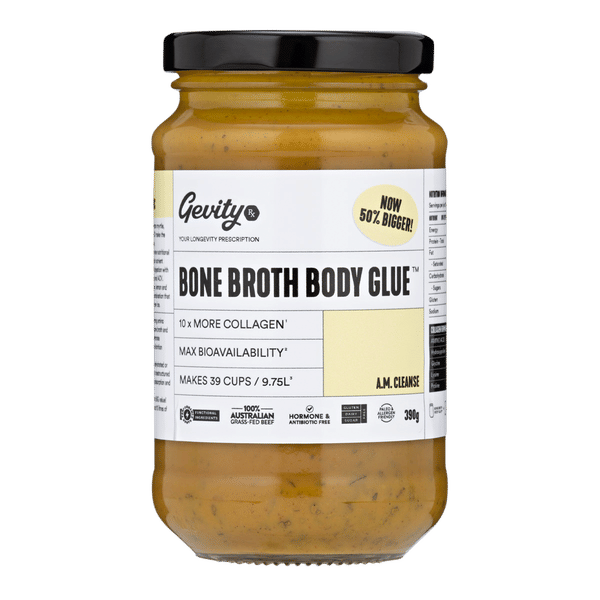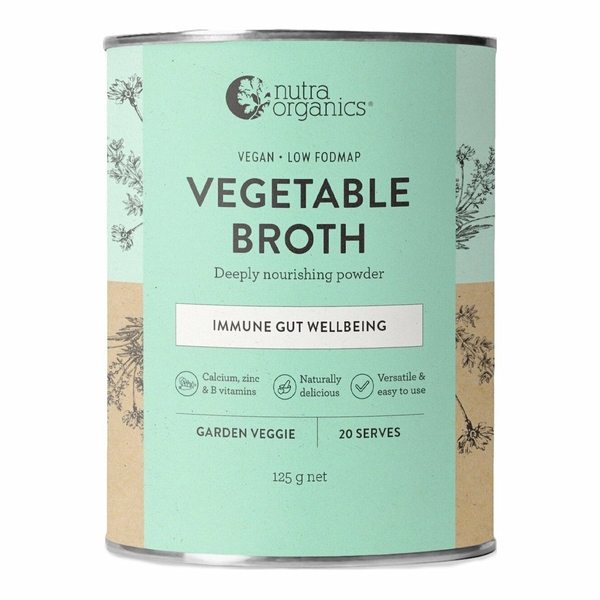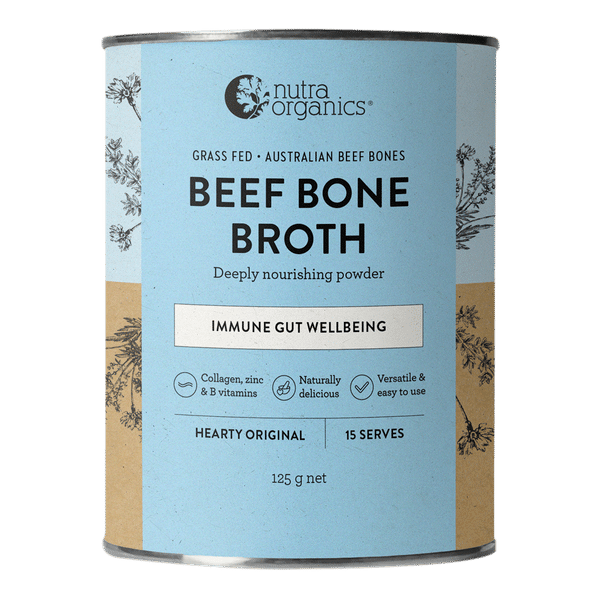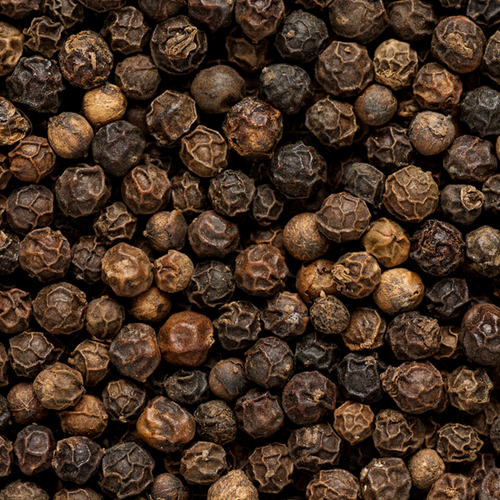
Background
Piperine might also kill fungi and parasites, and help the body absorb some drugs. Black pepper and white pepper both come from the same plant species, but they are made differently. Black pepper is made by cooking the dried unripe fruit. White pepper is made by cooking and drying the ripe seeds.
People take black pepper by mouth for hay fever, asthma, upset stomach, and many other conditions, but there is no good scientific evidence to support these uses.
Safety Safety definitions
When applied to the skin: Black pepper oil is possibly safe. It's usually well-tolerated, but if it gets into the eyes it can burn. Some people might develop an allergy to black pepper.
When inhaled: Black pepper oil is possibly safe when used short-term. It might have a burning aftertaste and might upset the stomach. It might also cause cough.
Special Precautions & Warnings:
Pregnancy: Black pepper is commonly eaten in foods. But it is likely unsafe when taken by mouth in large amounts during pregnancy. It might cause an abortion. There isn't enough reliable information available to know if applying black pepper to the skin is safe or what the side effects might be.Breast-feeding: Black pepper is commonly eaten in foods. There isn't enough reliable information to know if black pepper is safe when used as medicine when breast-feeding. Stay on the safe side and stick to food amounts.
Children: Black pepper is likely safe when eaten in foods. It is possibly unsafe when taken by mouth in large amounts. Deaths in children have been reported from large amounts of black pepper accidentally entering the lungs. There isn't enough reliable information available to know if applying black pepper oil to the skin is safe for children.
Bleeding conditions: Piperine, a chemical in black pepper, might slow blood clotting. Taking black pepper in amounts greater than those in food might increase the risk of bleeding in people with bleeding disorders.
Surgery: Taking black pepper in amounts greater than those in food might cause bleeding complications or affect blood sugar levels during surgery. Don't take black pepper in amounts greater than those in food 2 weeks before surgery.
Effectiveness
Dosing & administration
Black pepper essential oil is commonly used in aromatherapy. The oil is typically inhaled by adults for 1-2 minutes at a time.
Interactions with pharmaceuticals
Amoxicillin (Amoxil, Trimox)
Interaction Rating=Minor Be watchful with this combination.
Black pepper might increase levels of amoxicillin in the blood. Taking black pepper with amoxicillin might increase the effects and side effects of amoxicillin. But it's not clear if this is a big concern.
Atorvastatin (Lipitor)
Interaction Rating=Moderate Be cautious with this combination.
Black pepper might increase levels of atorvastatin in the blood. Taking black pepper with atorvastatin might increase the effects and side effects of atorvastatin.
Carbamazepine (Tegretol)
Interaction Rating=Minor Be watchful with this combination.
Black pepper might increase the amount of carbamazepine absorbed by the body. This could increase the chance of side effects. But it's not clear if this is a big concern.
Cyclosporine (Neoral, Sandimmune)
Interaction Rating=Moderate Be cautious with this combination.
Black pepper might increase levels of cyclosporine in the body. Taking black pepper with cyclosporine might increase the effects and side effects of cyclosporine. But it's not clear if this is a big concern.
Lithium
Interaction Rating=Moderate Be cautious with this combination.
Taking black pepper might decrease how well the body gets rid of lithium. This could increase how much lithium is in the body and result in serious side effects. Talk with your healthcare provider before using this product if you are taking lithium. Your lithium dose might need to be changed.
Medications changed by the liver (Cytochrome P450 2D6 (CYP2D6) substrates)
Interaction Rating=Moderate Be cautious with this combination.
Some medications are changed and broken down by the liver. Black pepper might change how quickly the liver breaks down these medications. This could change the effects and side effects of these medications.
Medications changed by the liver (Cytochrome P450 3A4 (CYP3A4) substrates)
Interaction Rating=Moderate Be cautious with this combination.
Some medications are changed and broken down by the liver. Black pepper might change how quickly the liver breaks down these medications. This could change the effects and side effects of these medications.
Medications for diabetes (Antidiabetes drugs)
Interaction Rating=Moderate Be cautious with this combination.
Black pepper might lower blood sugar levels. Taking black pepper along with diabetes medications might cause blood sugar to drop too low. Monitor your blood sugar closely.
Medications moved by pumps in cells (P-Glycoprotein Substrates)
Interaction Rating=Moderate Be cautious with this combination.
Some medications are moved in and out of cells by pumps. Black pepper might change how these pumps work and change how much medication stays in the body. In some cases, this might change the effects and side effects of a medication.
Medications that slow blood clotting (Anticoagulant / Antiplatelet drugs)
Interaction Rating=Moderate Be cautious with this combination.
Black pepper might slow blood clotting. Taking black pepper along with medications that also slow blood clotting might increase the risk of bruising and bleeding.
Nevirapine (Viramune)
Interaction Rating=Moderate Be cautious with this combination.
Black pepper might increase levels of nevirapine in the body. Taking black pepper with nevirapine might increase the effects and side effects of nevirapine. But it's not clear if this is a big concern.
Pentobarbital (Nembutal)
Interaction Rating=Moderate Be cautious with this combination.
Black pepper might increase sleepiness caused by pentobarbital. Taking black pepper with pentobarbital might increase the sedative side effects of pentobarbital.
Phenytoin (Dilantin)
Interaction Rating=Moderate Be cautious with this combination.
Black pepper might increase how much phenytoin the body absorbs. Taking black pepper along with phenytoin might increase the effects and side effects of phenytoin.
Propranolol (Inderal)
Interaction Rating=Moderate Be cautious with this combination.
Black pepper might increase how much propranolol the body absorbs. Taking black pepper along with propranolol might increase the effects and side effects of propranolol.
Rifampin (Rifadin)
Interaction Rating=Moderate Be cautious with this combination.
Black pepper might increase how much rifampin the body absorbs. Taking black pepper along with rifampin might increase the effects and side effects of rifampin.
Theophylline
Interaction Rating=Moderate Be cautious with this combination.
Black pepper can increase how much theophylline the body absorbs. This might cause increased effects and side effects of theophylline.
Interactions with herbs & supplements
Herbs and supplements that might slow blood clotting: Black pepper might slow blood clotting and increase the risk of bleeding. Taking it with other supplements with similar effects might increase the risk of bleeding in some people. Examples of supplements with this effect include garlic, ginger, ginkgo, nattokinase, and Panax ginseng.
Rhodiola: Black pepper might reduce the effects of rhodiola in the body.
Interactions with foods
Products
View all products- Piper nigrum (Black pepper) equiv. piperine 9.5 mg
- Curcumin (Turmeric) equiv. curcuminoids 200 mg
- Cinnamomum spp. powder
- Zingiber officinale powder
- Pumpkin powder
- Fermented Prebiotic Isomalto-oligosaccharides (Fermented prebiotic IMO)
- Maltodextrin
- Natural flavours
- Chlorella pyrenoidosa powder
- Stevia rebaubiana
- Piper nigrum (Black pepper) ext. 16 µg equiv. piperine 15.2 µg
- Eleutherococcus senticosus ext. 50 mg
- Thiamine hydrochloride (Vitamin B1) 2.54 mg equiv. thiamine 2 mg
- Nicotinamide (Vitamin B3) 20 mg
- Calcium pantothenate (Vitamin B5) 9.83 mg equiv. pantothenic acid 9 mg
- Pyridoxal 5-phosphate monohydrate (P5P) 3.14 mg equiv. pyridoxine 2 mg
- Ascorbic acid (Vitamin C) 60 mg
- d-alpha-Tocopheryl acetate (Vitamin E) 7.35 mg equiv. vitamin E 10 IU equiv. d-alpha-tocopherol 6.71 mg
- Biotin 80 µg
- Inositol 50 mg
- Quercetin 50 mg
- Potassium sulphate 78 mg equiv. potassium 35 mg
- Zinc glycinate monohydrate 10.64 mg equiv. zinc 3 mg
- Manganese (II) glycinate 3.695 mg equiv. manganese 1 mg
- Potassium iodide 91.8 µg equiv. iodine 70 µg
- Selenomethionine 50 µg equiv. selenium 20 µg
- Levomefolate glucosamine (Activated folate) 90 µg equiv. levomefolic acid 50 µg
- L-tyrosine 10 mg
- Lysine hydrochloride 12.5 mg equiv. lysine 10 mg
- L-serine 5 mg
- Brassica oleracea var. italica ext. 37.5 mg
- Withania somnifera ext. 25 mg
- Zingiber officinale ext. 10 mg
- Capsicum annuum ext. 8.33 mg
- Levocarnitine fumarate (L-carnitine) 178.6 mg equiv. levocarnitine 100 mg
- Piper nigrum (Black pepper) ext. 21 µg
- Gentiana lutea ext. 80 mg
- Nicotinamide (Vitamin B3) 30 mg
- Potassium gluconate 120 mg equiv. potassium 20 mg
- Zinc glycinate monohydrate 7.09 mg equiv. zinc 2 mg
- Thiamine nitrate (Vitamin B1) 1.24 mg equiv. thiamine 1 mg
- Zingiber officinale ext. 15.9 mg
- Protease 10000 HUT
- Piper nigrum (Black pepper) ext. 12 µg
- Riboflavin (Vitamin B2) 2 mg
- Hydroxocobalamin (Vitamin B12) 100 µg
- Leonurus cardiaca ext. 50 mg
- Calcium pantothenate (Vitamin B5) 10.9 mg equiv. pantothenic acid 10 mg
- Pyridoxal 5-phosphate monohydrate (P5P) 3.1 mg equiv. pyridoxine 2 mg
- Cholecalciferol 2 µg equiv. vitamin D3 80 IU
- Choline bitartrate 60.8 mg equiv. choline 25 mg
- Magnesium glycinate dihydrate 213.7 mg equiv. magnesium 25 mg
- Copper (II) glycinate 1.67 mg equiv. copper 500 µg
- Taurine 50 mg
- L-ornithine monohydrochloride 19.1 mg equiv. ornithine 15 mg
- Lysine hydrochloride 18.75 mg equiv. lysine 15 mg
- L-methionine 15 mg
- Ubidecarenone (Coenzyme Q10) 25 mg
- Passiflora incarnata ext. 150 mg
- Schisandra chinensis ext. 25 mg
- Camellia sinensis ext. 25 mg
- Biotin 100 µg
- Calcium glycinate 234.79 mg equiv. calcium 50 mg
- Piper nigrum (Black Pepper) 5 mg
- L-tyrosine 500 mg
- Acetyl L-carnitine (Acetyl-L-carnitine)
- Camellia sinensis
- Ascorbic acid (Vitamin C)
- Theobroma cacao powder 40 mg
- Pyridoxal 5-phosphate (P5P)
- Stevia rebaubiana
- Folate
- Methylcobalamin (Activated B12) 5 µg
- Hordeum vulgare 15 mg
- Gamma-Butyrobetaine (GBB) 15 mg
- Coffea arabica equiv. caffeine 150 mg
- Alpinia galanga powder 150 mg
- Orthosilicic acid (Silica)
- Citric acid anhydrous
- Xanthan gum
- Chromium picolinate
- Natural flavours
- Piper nigrum (Black pepper) 0.1 mg
- Hydrolysed bovine collagen peptides 2500 mg
- Glucosamine sulphate sodium chloride 750 mg
- Methylsulfonylmethane (MSM) 750 mg
- Chondroitin sulphate (bovine) 250 mg
- Ascorbic acid (Vitamin C) 40 mg
- Curcuma longa 3250 mg
- Bambusa vulgaris 14.9 mg
- Zinc gluconate equiv. zinc 4.6 mg
- Manganese citrate equiv. manganese 1.1 mg
- Magnesium citrate equiv. magnesium 40 mg
- Cholecalciferol 40 IU
- Natural lemon flavour
- Siraitia grosvenorii (Monk fruit)
- Piper nigrum (Black pepper) ext. dry
- Rubus idaeus
- Medicago sativa
- Arthrospira platensis (Spirulina)
- Brassica oleracea var. acephala (leaf) powder (Kale)
- Spinacia oleracea
- Petroselinum crispum
- Fagopyrum esculentum (leaf)
- Chlorella vulgaris powder
- Brassica oleracea var. italica (sprout) powder
- Malus (Apple)
- Ananas comosus (Pineapple)
- Pyrus communis (Pear)
- Citrus limon (Lemon)
- Citrus aurantiifolia (Lime)
- Euterpe oleracea (berry) ext. (Acai)
- Urtica dioica
- Mentha x piperita
- Camellia sinensis
- Apium graveolens
- Cucumis sativus
- Magnesium citrate
- Potassium citrate
- L-glutamine
- Calcium citrate
- Natural flavours
- Taraxacum officinale (leaf) ext. dry
- Eleutherococcus senticosus ext. dry
- Curcuma longa ext. dry
- Withania somnifera ext. dry
- Camellia sinensis ext. dry
- Rosmarinus officinalis ext. dry
- Aloe barbadensis ext. dry
- Gardenia jasminoides ext. dry
- Magnesium gluconate
- Apple pectin
- L-alanine
- Xanthan gum
- L-histidine
- Lactobacillus acidophilus
- Bifidobacterium lactis
- Bifidobacterium bifidum
- Bifidobacterium longum
- Potassium ascorbate (Vitamin C)
- Citric acid anhydrous
- Zinc gluconate
- Ferrous fumarate
- Manganese citrate
- Selenomethionine
- Vitamin D
- Chromium picolinate
- Acacia sp. (fibre)
- Piper nigrum (Black pepper)
- Schisandra chinensis
- Berberis vulgaris
- Cynara scolymus
- Silybum marianum
- Passionfruit
- Citrus limon (Lemon)
- Zingiber officinale
- Camellia sinensis
- Beta vulgaris
- Ribes nigrum
- L-glutamine
- L-glycine
- L-methionine
- Zinc gluconate
- Taurine
- Choline bitartrate
- Pyridoxine hydrochloride (Vitamin B6)
- Folic acid
- Selenomethionine
- Cyanocobalamin (Vitamin B12)
- Apple pectin
- Riboflavin (Vitamin B2)
- Natural flavours
- Rosmarinus officinalis
- Echinacea angustifolia
- Malpighia glabra
- Curcuma longa
- L-cysteine
- Oryza sativa (Rice hulls)
- Silicon dioxide
- Punica granatum
- Vaccinium corymbosum (fruit) powder
- Piper nigrum (Black pepper) (seed) oil
- Chicken, bones
- Chicken, roasted
- Allium schoenoprasum dry
- Allium sativum powder
- Apple cider vinegar
- Pink Himalayan crystal salt
- Rosmarinus officinalis ext.
- Nutritional yeast flakes (Dried yeast)
- Allium cepa powder
- Tapioca
- Piper nigrum (Black pepper)
- Beef bones
- Sea salt
- Curcuma longa
- Apple cider vinegar
- Zingiber officinale
- Backhousia citriodora
- Piper nigrum (Black pepper) powder
- Fermented soybean paste (Miso)
- Daucus carota powder (Carrot)
- Spinacia oleracea (Spinach)
- Brassica oleracea var. acephala (leaf) powder (Kale)
- Pumpkin powder
- Sweet potato powder
- Brassica oleracea var. italica (seed) powder
- Nutritional yeast flakes (Dried yeast)
- Pink Himalayan crystal salt
- Oryza sativa (Brown rice protein)
- Curcuma longa powder
- Arctic sea algae
- Laminaria digitara (Kelp)
- Petroselinum crispum powder
- Allium schoenoprasum powder
- Sea salt

